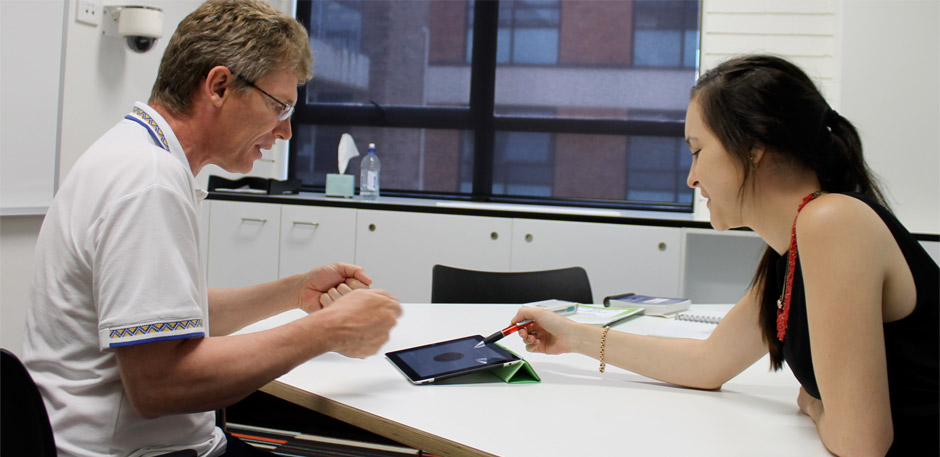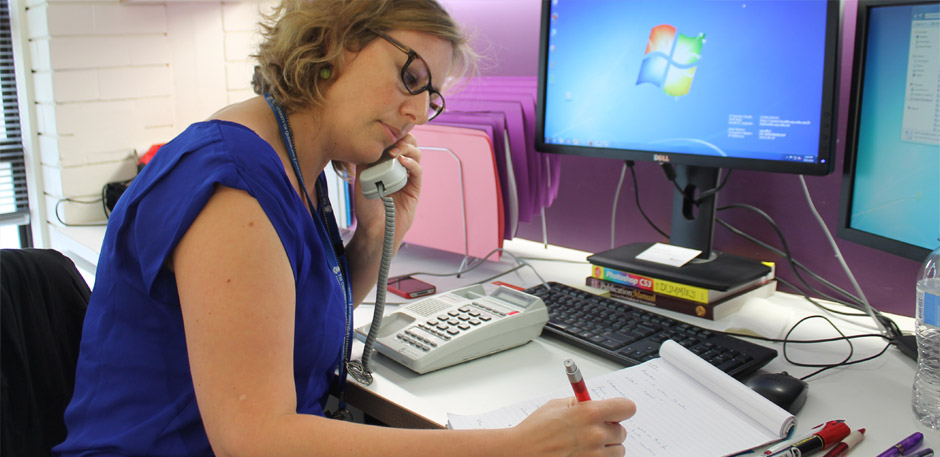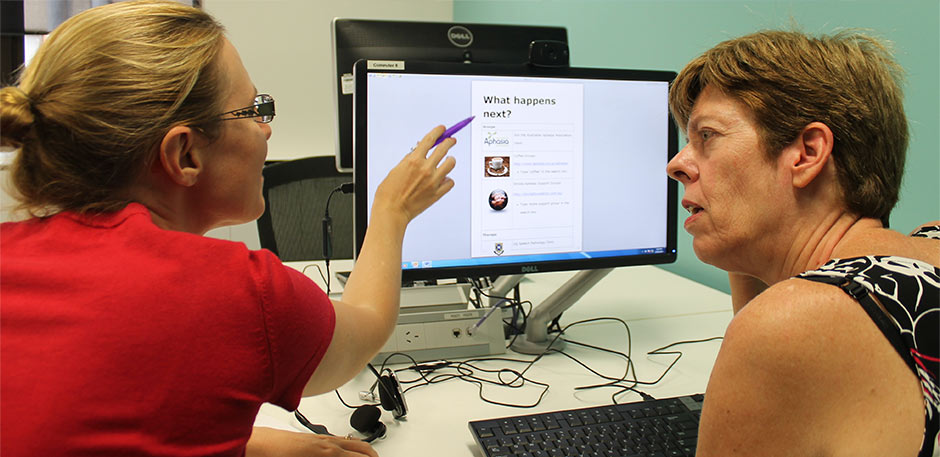The Pathway
-
The PathwayDetails
-
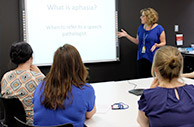 Receiving the right referralsDetails
Receiving the right referralsDetails -
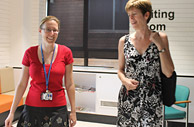 Optimising initial contactDetails
Optimising initial contactDetails -
 Setting goals & measuring outcomesDetails
Setting goals & measuring outcomesDetails -
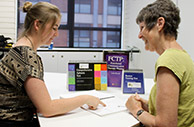 AssessingDetails
AssessingDetails -
 Providing interventionDetails
Providing interventionDetails -
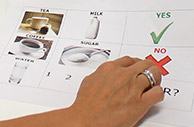 Enhancing the communicative environmentDetails
Enhancing the communicative environmentDetails -
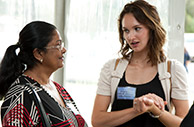 Enhancing personal factorsDetails
Enhancing personal factorsDetails -
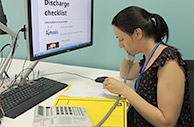 Planning for transitionsDetails
Planning for transitionsDetails
The Pathway
The Australian Aphasia Rehabilitation Pathway (AARP) is a set of care standards for aphasia management. It has been designed for speech pathologists to help guide person-centered, evidence-based aphasia services. It aims to optimise the overall rehabilitation journey for people with aphasia and their families/friends.
Theories and principles underpinning the pathway include those of; integrated care pathways, evidence-based practice and knowledge transfer and exchange. The AARP provides research evidence, clinical expertise and perspectives of people with aphasia and their families/friends across the continuum of aphasia rehabilitation.
The pathway is divided into eight key areas, core to the aphasia rehabilitation journey. Best practice statements are provided under each heading along with supporting information and resources to facilitate implementation of the best practice statements.
The AARP has been developed through national collaboration with researchers, clinicians and people with aphasia, led by the NHMRC Clinical Centre of Research Excellence (CCRE) in Aphasia Rehabilitation which was an Australia-wide research program funded by the National Health and Medical Research Council (NHMRC) from 2009-2015. The program comprised of leading speech pathology researchers, clinicians and managers throughout Australia and developed the Australian Aphasia Rehabilitation Pathway, a set of guidelines for person-centred aphasia services.
NHMRC funding for the Centre of Research Excellence in Aphasia Research and Rehabilitation (Aphasia CRE - 2019-2024) has ensured the continuation of the work of the CCRE Aphasia and now maintains the AARP website. Learn more about the Aphasia CRE
Speech pathologists are invited to share their opinions of the AARP and this website. Please contact us with any comments.
Every 6 seconds
Every 6 seconds a stroke will result in the reduced quality of life of an individual due to ongoing disability (Mackay & Mensah, 2004). That's 15 million strokes annually worldwide.
Aphasia is a common sequelae of stroke, occurring in up to 38% of stroke survivors (Pederson et al., 1995) and has significant implications for an individual’s functioning and quality of life (Worrall and Holland, 2003). Aphasia is a communication disability caused by damage to the language centres of the brain. Associated with increased mortality, reduced likelihood of returning to employment and reduced rates of functional recovery (Engelter et al., 2006), aphasia post stroke affects an individual's ability to understand, speak, read and write.
AARP official launch
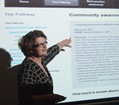
The Australian Aphasia Rehabilitation Pathway was officially launched by Professor Linda Worrall on the 1st October, 2014 at the Aphasiology Symposium of Australia, Perth.
Eighty-two (82) best practice statements form the basis for the Australian Aphasia Rehabilitation Pathway. You can access a complete list of these best practice statements here. Alternatively, navigate each section of the AARP through the website. You will find the best practice statements along with supporting information, resources and references.
Collaborate with us
Review a section of the website and give us feedback. We welcome contribution of your knowledge and resources to improve the website and, ultimately, the pathway for people with aphasia. Contact Professor Linda Worrall to provide feedback. We look forward to hearing from you.
GET IN TOUCH
aphasiacre@latrobe.edu.au | |
+61 3 9479 5559 | |
Professor Miranda Rose |
RESEARCH PARTNERS








